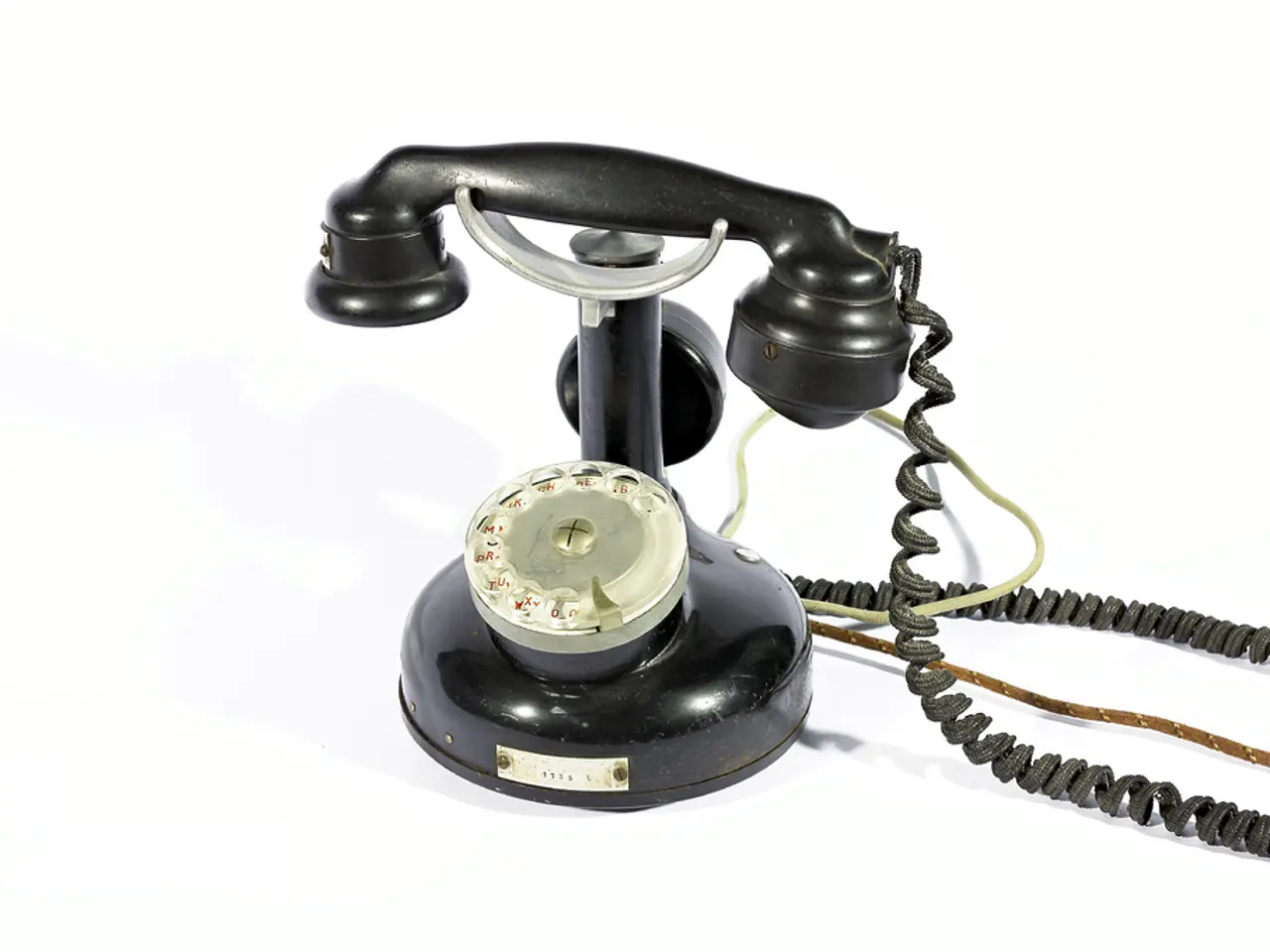AOL Terminates its Traditional Dial-Up Internet Connection
In the early 1990s, America Online (AOL) launched its dial-up internet service, becoming a cultural icon of the early internet era. With distinctive modem sounds and the memorable "You've got mail" alert, AOL popularized internet access for millions of users, peaking at around 25 million subscribers in 2000.
However, the rise of broadband in the 2000s led to a sharp decline in dial-up usage, although it persisted in rural areas and among users with limited alternatives. As of September 30, 2025, AOL officially discontinued its US dial-up internet service, marking the end of a three-decade-long journey and symbolising the transition from dial-up's analog beginnings to today's high-speed, always-on broadband and mobile internet environment.
AOL's dial-up service was characterised by a series of beeps and buzzes heard over the phone line, used to connect the computer online. This method often proved frustrating due to disconnections when other calls were made on the landline and an endless bombardment of CDs for free trials.
By 2023, fewer than 1% of the US population (about 160,000 people) still used dial-up. AOL is now owned by a private-equity firm, reflecting its diminished industry role. After a disastrous merger with Time Warner Inc., Verizon acquired AOL, which later sold AOL to a private equity firm.
Despite the dial-up service's discontinuation, AOL continues to offer free email services and subscriptions for identity protection and other tech support. At the time Verizon announced the sale, an anonymous source stated that the number of AOL dial-up users was "in the low thousands."
AOL's dial-up service introduced many households to the world wide web for the first time, gaining prominence in the 90s and early 2000s. While its discontinuation may mark the end of an era, it represents a significant step forward in the evolution of internet technology.
References:
- The Verge
- CNBC
- Washington Post
- Ars Technica
- New York Times
Read also:
- Enhanced Productivity by 43.61% and CO2 Emissions Reduced by 104 Million Tonnes by DEWA
- New release for 2026: Dodge Charger Scat Pack with gas-powered engine, due out by year's end.
- U.S. government stands to receive 15% of chip sales from Nvidia and AMD in China, according to reports, raising concerns among trade specialists about a potential agreement that ties export controls to monetary payments.
- New platform launched by SwaggyX, powered by AI, focuses on Web3-based predictions






